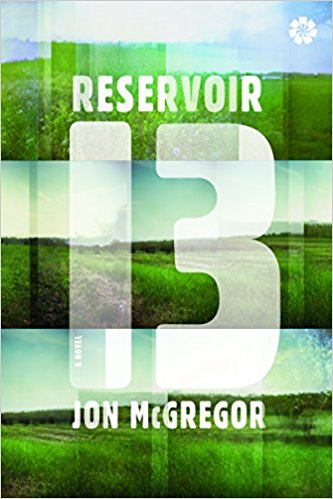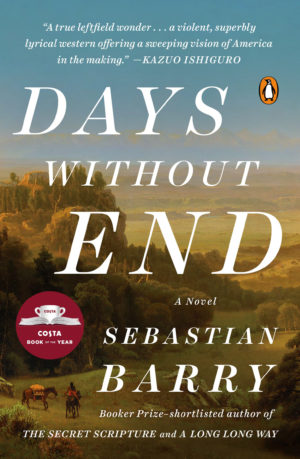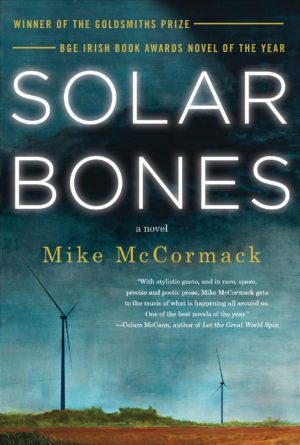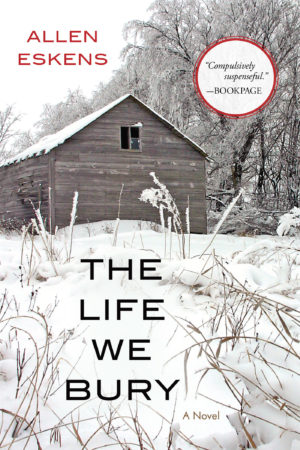Description
Longlisted for the Man Booker Prize 2017
“A wonderful book. [Jon McGregor]’s an extraordinary writer, unlike anyone else.” —Paula Hawkins, author of The Girl on the Train and Into the Water
Midwinter in an English village. A teenage girl has gone missing. Everyone is called upon to join the search. The villagers fan out across the moors as the police set up roadblocks and a crowd of news reporters descends on what is usually a place of peace. Meanwhile, there is work that must still be done: cows milked, fences repaired, stone cut, pints poured, beds made, sermons written, a pantomime rehearsed.
As the seasons unfold and the search for the missing girl goes on, there are those who leave the village and those who are pulled back; those who come together and those who break apart. There are births and deaths; secrets kept and exposed; livelihoods made and lost; small kindnesses and unanticipated betrayals. An extraordinary novel of cumulative power and grace, Reservoir 13 explores the rhythms of the natural world and the repeated human gift for violence, unfolding over thirteen years as the aftershocks of a tragedy refuse to subside.
“A new novel from the absurdly gifted Jon McGregor, seven years after the IMPAC-winning Even the Dogs, Reservoir 13 is haunting and heartbreaking, the tale of a disappearance and its aftermath—his best yet.” —The Guardian, “Fiction to look out for in 2017”
“Jon McGregor has been quietly building a reputation as one of the outstanding writers of his generation since 2002, when he became the youngest writer to be longlisted for the Booker prize… Reservoir 13 is an extraordinary achievement; a portrait of a community that leaves the reader with an abiding affection for its characters, because we recognise their follies and frailties and the small acts of kindness and courage that bind them together.” —Observer (UK)
“Fascinating… McGregor is a writer with extraordinary control… Reservoir 13 is an enthralling and brilliant investigation of disturbing elements embedded deeply in our story tradition.” —Tessa Hadley, The Guardian




